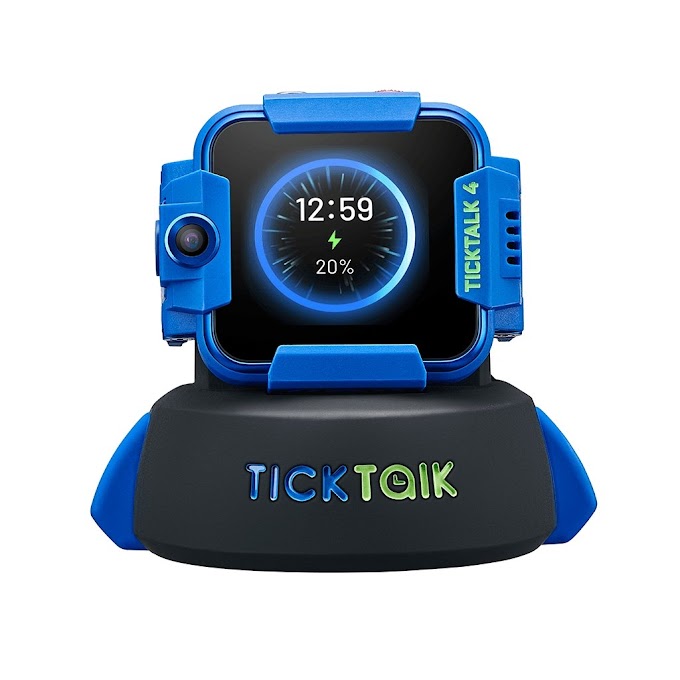The first thing to do is to make sure that you contact the correct people.
An online search for your state’s laws will get the ball rolling, but you’ll also need to contact the local government branch that deals with gaming issues and enquiries.
This could involve contacting more than one person or office, so make sure to cover all bases and cut no corners.
Useful online resources to get you started include:
The National Council of Nonprofits’s website has a helpful page on ‘games of chance’ including whether they’re legal in your state.
They’ve also made a handy map with links to local state associations of non-profits.
An article by NOLO regarding the IRS’s position on taxes.
For UK events, we suggest reading Gov.uk’s guide on legal fundraising.
Refer back to points one and two here.
Once you’ve chosen your charity and started researching state laws, don’t forget to make sure that your chosen cause qualifies as a charitable organization, in relation to gambling events and fundraising.
This research will also help you to clarify the aforementioned IRS tax rules and whether the proceeds will be tax-exempt, or not.
As mentioned earlier, it can be helpful to bring in outside advice from a qualified lawyer or expert if you are unsure.
Step 4: Know The Rules About Serving Alcohol
You may have to apply for a license to serve alcohol, and restrictions could be based around numerous factors, such as:
The legality in your state regarding providing alcoholic beverages at charity events.
Individual state regulations on serving and selling alcohol.
Whether your venue has an alcohol permit and, if so, whether the event still requires one separately.
Whether bartenders need a permit.
Whether there will be a free bar, if money will be exchanged for alcohol, if chips will be exchanged for alcohol, or if alcohol will be included in event ticket prices.
Best OddsWhether you can use alcohol as a prize.
Other local laws such as notifying a liquor control board about using alcohol as a prize.
Licenses can take time and you may be asked to provide a lot of detail, so factor this into your thinking.
Also, keep in mind whether drinking is appropriate at your event e.g. if your charity or cause involves addiction.
Step 5: Find Out The Laws About Prizes
If non-cash prizes are likely to be featured at the event, via raffles, auctions, poker tournaments etc., make sure you know the different legal requirements surrounding each.
Remember that this differs from state to state.
Remember that this differs from state to state.
Once you’ve decided on your charity, checked the legality of the event, and made sure it qualifies, you need to set a fundraising target.
Most events set themselves a goal, and you can choose to make that public or not.
Find out what your chosen organization or cause needs most and work with them to estimate cost that would cover or help to cover it.
Making this clearer will then help you decide on ticket prices and how many you’ll need to sell.
If your attendees can see your fundraising target too, and how close (or far) you are from it, it may encourage more donations.
Step 7: Consider How Your Event Will Make Money
It’s all very well putting on a great fundraiser event, but if you can’t raise any funds from it then there’s no point in doing one.
Here are some ideas that could help you make money for your charity or cause:
Donations in exchange for extra chips to use at games tables.


.jpg)
.jpg)
.jpg)



0 Comments
We welcome relevant and respectful comments. Spam comments will not be approved.